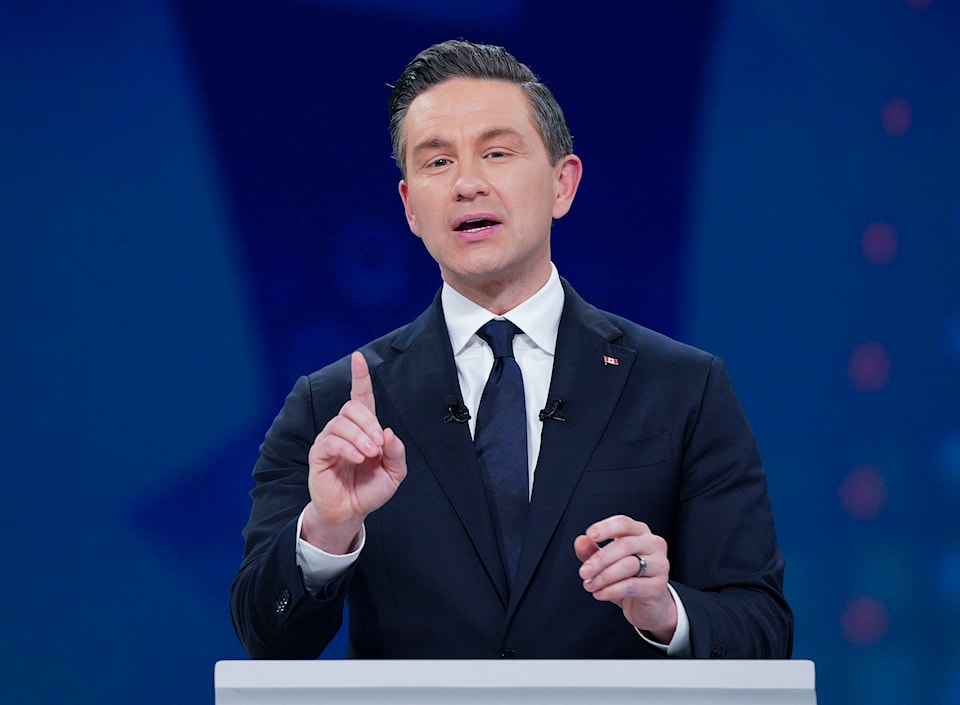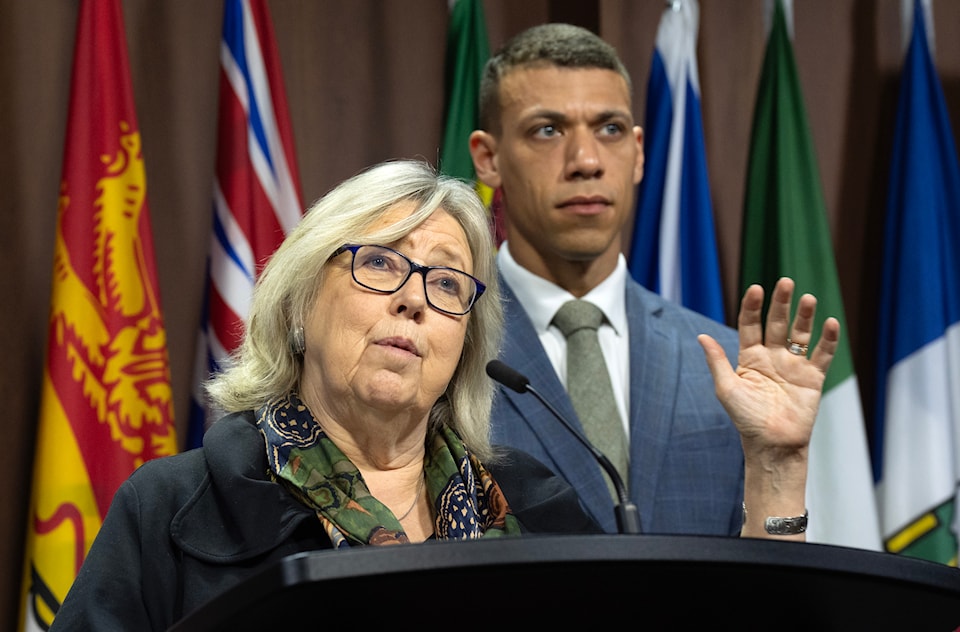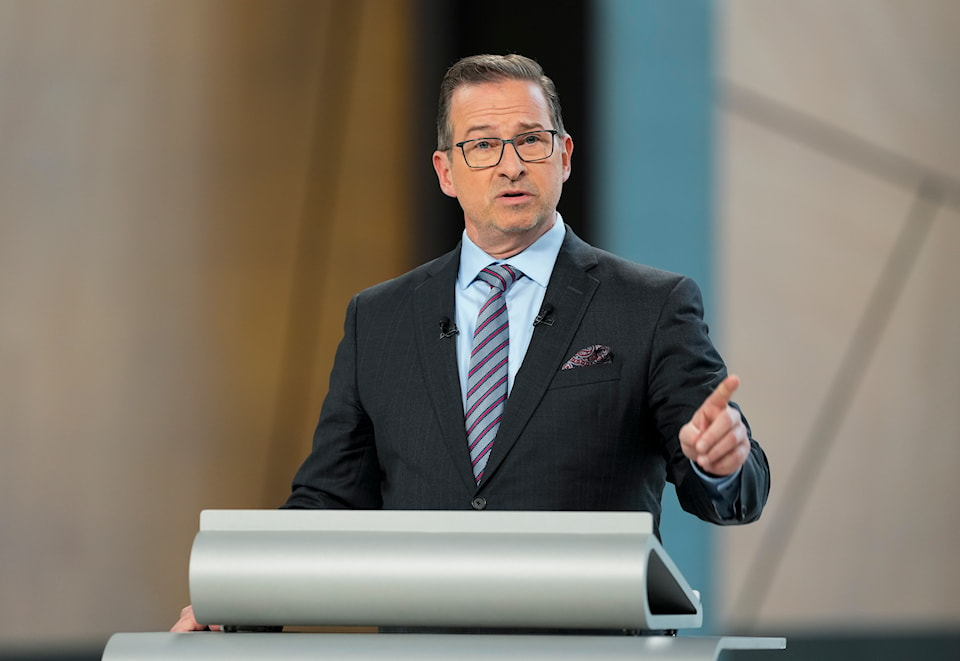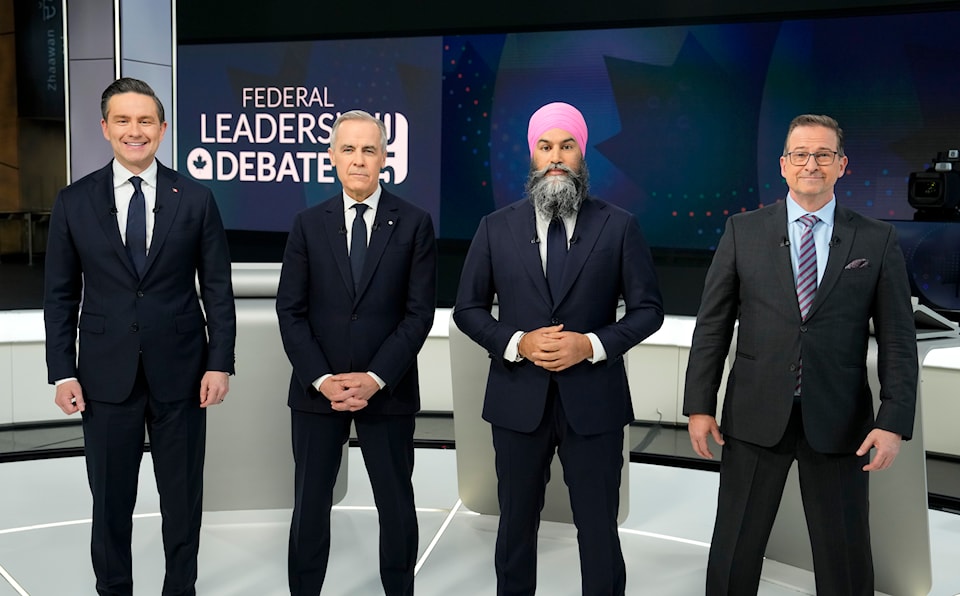Following an astonishing turnout over the Easter long weekend, with more than seven million voters during advanced polling, Canadians are waiting for the new Prime Minister.
Newly appointed Prime Minister Mark Carney called a snap election on March 23 after asking the Governor General, Mary Simon, to dissolve Parliament and initiate a federal election.
The election is on April 28, 2025. Elections Canada notes that every eligible voter must have three consecutive hours to vote.
However, with the long list of parties intimidating voters, many people have remained unsure of which parties they should vote for.
Five parties take centre stage, although 16 have posted candidates.
The Liberal Party of Canada, the Conservative Party of Canada, the New Democratic Party, the Green Party of Canada, and the Bloc Québécois are the top five parties.
While each leader may not have a background in politics, it's their ascent into that position that should be kept in mind and how they are on their campaign trail.
Mark Carney

Carney was appointed as the new Prime Minister, winning by almost a 90 per cent majority, after an announcement made by former Prime Minister Justin Trudeau on Jan. 6, where he announced his resignation.
During the announcement where Carney was announced to be the potentially temporary Prime Minister, he could be seen accompanied by his wife and one of his four daughters.
Marrying in 1994, Carney married Diana Fox, who is also an economist who studied at the University of Oxford, and they have four daughters. Cleo Carney, who is at Harvard University, introduced her father when he was appointed Prime Minister at the recent Liberal convention in Ottawa.
In terms of his other three daughters, Carney has largely kept them out of the public spotlight, with only glimpses every few years.
Born in Fort Smith, N.W.T., Carney attended Harvard and Oxford University, graduating with a doctorate in economics in 1995. Carney has had a role in Canadian economics since 2003, when he was appointed Deputy Governor of the Bank of Canada.
He was later appointed the Governor of the Bank of Canada in 2008 until 2013. Carney would later leave his position at the beginning of June 2013 to become the Governor of the Bank of England.
Carney worked hand-in-hand with Canadian Prime Minister Stephen Harper during the 2008 recession, helping Canada bounce back quicker than most countries suffering from the recession, and later proceeded to do the same during Brexit following the U.K.'s decision to leave the European Union, which caused their economy to deteriorate severely but has since improved.
If the Liberals can maintain their streak of winning the election, while they have already cancelled the consumer carbon tax, they vow to eliminate the GST for first-time home-buyers on houses under $1 million. They also plan to build 500,000 affordable homes in the next decade.
While tariffs have stolen the spotlight temporarily in terms of health care, the day before the election was called, the Liberals announced an expansion to federal dental coverage for those over 18 and under 64, whose income is less than $90,000, with applications starting in May.
By protecting 700,000 current jobs, generating new ones, investing in vital minerals, clean energy projects, and an East-West electrical grid that they call a historic nation-building venture, the Liberals want to turn Canada into an energy superpower.
Speaking of energy, the Liberals pledge to make Canada a leader in batteries, and help industries adopt clean technologies and build a carbon-free electricity grid by 2035 in their attempts to tackle climate change.
The Prime Minister, however, has never held a seat in politics, leading some to question if he’s as prepared to run the country as Pierre Poilievre, who’s held a position in parliament since 2004.
Pierre Poilievre

Being in parliament for more than 20 years, Poilievre is the leader of the Conservative Party of Canada, and the official opposition since 2022.
Born in Calgary, Alta., in 1979, he was first elected into Parliament in 2004 and has represented the Carleton riding since 2006. He graduated in 2008 from the University of Calgary with a bachelor's degree in international relations.
Marrying in 2017, Poilievre had a daughter in 2018, and welcomed his son in 2021 with his Senate aide wife Anaida Galindo.
Poilievre has held multiple roles while serving his time in the government, including Minister of Employment, Social Development and Minister of State for Democratic Reform under Prime Minister Stephen Harper.
If elected, Poilievre’s government plans significant economic and policy reforms, including repealing the federal carbon tax and replacing it with incentives for clean technology and manufacturing.
His party also addressed housing affordability, with plans to eliminate the GST on new homes up to $1.3 million, and offer municipalities financial incentives to increase housing supply. His party also intends to cut the capital gains tax, along with overhauling the public service by reducing its size and increasing public accountability.
“It was only 10 years ago you could buy an average house for $450,” Poilievre said during the Canadian Federal debate on April 17.
The Conservative Leader laid out his plan to reduce housing costs by eliminating the federal sales tax on new homes, motivating municipalities to cut construction taxes, reducing housing costs by $100,000, selling federal land for homes, and training more than 300,000 trade workers.
The Conservatives also laid out healthcare plans, including funding drug recovery for 50,000 Canadians in treatment centres. The party also vowed to ban supervised consumption sites (SCS) within 500 metres of schools, day cares, playgrounds and impose strict oversight rules.
In terms of climate change, the Conservatives promised to get rid of all carbon taxes and boost innovation incentives for companies to reduce emissions. They also oppose the government's regulations on clean fuel and zero-emission vehicle targets.
However, the efforts made by Poilievre have come under scrutiny following his previous voting policies, such as voting against affordable housing, $10 a day childcare, the national dental care act, the national school food program and the civil marriage act, despite being adopted by his father, who happens to be gay.
Despite all the backlash, however, another party has seen a bigger degradation of its numbers, with polls showing the NDP may lose party status in the upcoming federal election.
Jagmeet Singh

One party has seen a bigger “fall from grace” in the polls. The NDP may lose party status following the upcoming federal election.
Elected as the first turban-wearing Sikh in the Ontario legislature, Jagmeet Singh has been the head of the New Democratic Party since 2017.
Born locally in Scarborough in January 1979, Singh has served as an Ontario MPP from 2011 until 2017 and then became the head of the federal NDP.
Following his graduation from high school, Singh attended Western University, graduating with a Bachelor of Science in biology before going to Osgoode Hall Law School in Toronto.
Singh married Gurkiran Kaur Sidhu, a fashion designer and entrepreneur, in 2018. The two would have two daughters named Anhad in 2022 and Dani in 2023.
Singh has made clear he has a wide array of plans for Canadians if his government were to win the upcoming election.
The NDP are promising to cap key food costs, drop the GST from essentials such as diapers and monthly home heating. They also plan to cut the GST on Canadian made cars, create a national rent-control policy, and end “price fixing” by landlords.
Singh said the NDP would speed up construction to build three million additional homes by 2030, with plans to also increase the amount of public land it acquires to allow the government to build 100 thousand more rent controlled homes by 2035.
Healthcare has always been a prime focus of the NDP, with promises to increase the number of doctors in rural areas if they win this year's federal election, and help seven million Canadians connect with a primary care doctor. Singh also says they would also secure lower prices in medication, and deliver full public pharmacare within four years.
They also acknowledge the struggles within the job market, proposing a tax-free “Canada Victory bond,” offering a 3.5 per cent return on five- to 10-year terms to help fund infrastructure projects such as transit and housing while creating job opportunities.
With the climate change conversation becoming more and more important, the NDP would also get rid of all carbon taxes as well. They also would add a border carbon adjustment for countries that don't have carbon pricing.
While the NDP may lose party status following the election, there’s one party that seeks to gain an advantage, and hopefully some seats this election.
Jonathan Pedneault and Elizabeth May

Born in June 1954, Elizabeth May previously served as a government policy advisor under Prime Minister Brian Mulroney and became the first Green Party member elected into the House of Commons.
May married John Kidder, a founder of the Green Party of British Columbia, in April 2019, and had one daughter named Victoria Cate May Burton with her former partner Berthier Maskinonge.
May attended Dalhousie Law School in Halifax, obtaining her degree in 1983, and became a lawyer with the Ottawa-based Public Interest Advocacy Centre.
May served as the leader of the Green Party from 2006-2019, but departed after a period of turmoil within the party before returning in 2022. Uniting under shared causes, Jonathan Pedneault ran alongside May for co-party leader status in 2022 with a staggering 90 per cent approval for the co-leadership model.
Beginning his avocation journey in Quebec in 2015, Pedneault urged Canada to do more to prevent human rights abuses, going as far as to travel to the Middle East to report on the growing conflict there.
Pedneault lost two friends to violence in 2014 while working as a journalist, and he channelled that grief into his journalism and further advocacy.
He stepped away from politics in 2024 for personal reasons, but returned in January 2025 due to threats by U.S President Donald Trump and “could no longer stand on the sidelines.”
Pedneault currently sits as the country's youngest federal leader and the first openly gay leader of a federal political party in Canada.
Pedneault knew he needed to hear the voice of Canadians themselves, so he travelled coast to coast to fully understand what they need in a leader, and what they struggle with in everyday living.
Under a Green Party government, they propose creating affordable and universal child care, making college and university free, and introducing a guaranteed livable income, something other countries are already doing.
The housing crisis is also one of their main focuses, with the Greens saying they would stop corporations from buying single-family homes, and eliminate “unfair tax advantages” for real estate investment trusts. They also propose to ensure publicly funded homes are affordable so that single individuals or families can afford their rent or mortgage with only 30 per cent of their regular income.
The party would take a step further in healthcare to expand paid leave to cover miscarriages. The Greens say they would guarantee every Canadian access to a family doctor or nurse practitioner, while also promising to integrate dental, prescriptions and mental health into the public health-care system, and to reduce waiting times and worker shortages by investing in more training, higher wages, and credentialing foreign-trained workers.
The Green’s also argue that supporting oil and gas companies is costing Canada millions of future jobs. Should they win the upcoming federal election, they propose investing in clean energy, a national electricity grid, and a nation wide retrofit program, also promising job training, ensuring benefits for Indigenous and rural communities.
True to their name, the Greens would stop all new fossil fuel projects and switch to 100 per cent clean energy by building a modern power grid across Canada. They would also proceed to hold big polluters and companies responsible for climate damage, and would take the public money given to oil and gas companies, instead investing it in clean energy, and make companies prove they have plans to deal with climate risks.
Pedneault calls the Leaders' Debate Commission to rescind the party's invitation to the debate as "undemocratic."
The Bloc Québécois platform has a narrow focus on the sovereignty of Quebec and may garner some support outside of that region.
Yves-François Blanchet

While the Greens had their invitation revoked from federal leader debates, the Bloc is a federal party that only runs candidates in Quebec, aiming to defend the province's language, culture, and political autonomy.
While in the running to win the election, they don't seek to form a government, instead focusing on getting more power for Quebec within the federal system.
Born in April 1965, Yves-François Blanchet is a politician, pundit, artist manager, environmentalist, administrator, and has been the leader of the Bloc since January 2019.
Prior to being the leader of the Bloc, Blanchet was a member of the Quebec National Assembly (MNA) for the riding of Johnson from 2008 to 2014.
Blanchet attended the Université de Montréal and graduated with a bachelor's degree in history and anthropology in 1987. Blanchet married Nancy Deziel, but they later separated.
The Bloc proposes measures to increase social programs, such as health care and pensions, ensuring the residents of Quebec have better access to essential services, and advocating for financial relief to support families struggling with the high cost of living.
The party emphasizes increased funding for affordable housing projects in Quebec, seeking more cohesion between federal and provincial governments.
The Bloc also supports investments in Quebec's many industries such as aerospace, green technology, agriculture, and creating well paying jobs to help bolster the local economy. To drive this home further, the Bloc also advocates for protections for Quebec businesses in international trade deals and other programs to help boost small and medium sized business.
Similar to the Greens, the Bloc pushes for the ending of federal subsidies for fossil fuels, and instead redirecting funds towards renewable energy and greener technology. They also advocate heavily for certain ambitious climate policies such as achieving net-zero emissions, supporting more public transit usage, and protecting Quebec's natural resources.




